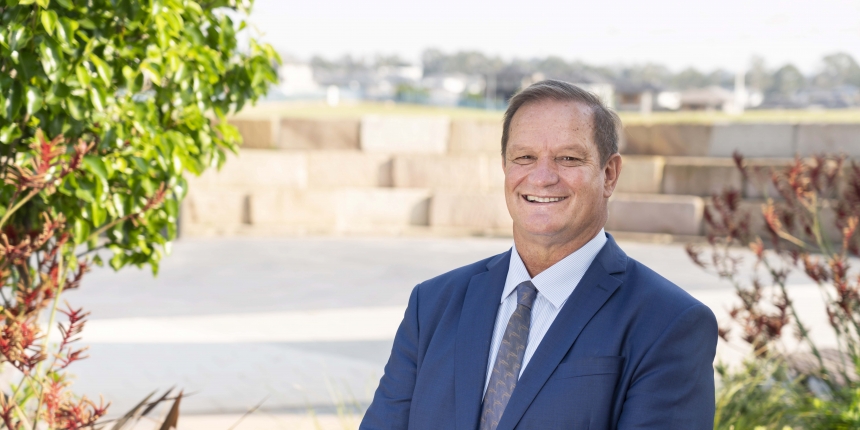In 2008 an important group of leaders met in Melbourne to discuss the future of education and schooling. What came out of the meeting was a clear commitment to an education system based on Australia’s perceived future needs.
'In the 21st Century Australia’s capacity to provide a high quality of life for all will depend on the ability to compete in the global economy on knowledge and innovation. Education equips young people with the knowledge, understanding, skills and values to take advantage of opportunity and to face the challenges of this era with confidence.' 2008 Melbourne Declaration
The perceived needs included an emphasis on technology and its’ use:
Rapid and continuing advances in information and communication technologies (ICT) are changing the ways people share, use, develop and process information and technology. In this digital age, young people need to be highly skilled in the use of ICT.
With the recent announcement that NAPLAN is going online across all NSW schools, there will be a general commotion around the readiness of schools to prepare for this major change. Fortunately, Thomas Hassall have had an initial trial with online NAPLAN and so most of the bugs we encountered last year should be resolved as we come to the examination time. Nevertheless, online NAPLAN is an indication that Education is moving more and more to a 21st Century delivery of the curriculum. We will endeavor to ensure we are abreast of the changes and bring our teaching practices into line with the expectations of the wider community.
In 2008 the leaders did not necessarily foresee all of the problems that are now evident with the development of new technologies in the life of young people. Some of the issues that have arisen for young people include: saturation of screen time/ addiction to gaming/ use of social media, the issues arising from the identity of young people being formed by a bombardment of messages from a world that challenges our traditional values, issues around access to inappropriate sites etc. I think it is fair to say that our community, and certainly all schools, are being challenged by these current trends.
The natural reaction to the negative effects of technology is to place a ban on all technology and go back to basics. This is currently happening in some schools, but I think this flies in the face of where we are as a community living in the 21st Century. More and more we are having to navigate the world of technology: at home, at play, at work and typically in schools. We need to use technology to assist us in living well in all areas of life and to do this we must learn how to stay in control of technology and not allow this to dominate or determine our values, beliefs, habits and behaviors. We need to be in charge of technology and educate our community as to what this could look like. This education is not just for our young minds but also for parents, teachers and allied professionals (counsellors, psychologists and social workers etc) trying to deal with the complexity of problems that are now presenting in schools.
Over the next few months I want to explore the questions around what a good plan for using technology at home and at school should look like. I will not have all the answers, but I will try to draw on experts from a range of fields to assist us in our thinking and understanding as we endeavor to create a safe and robust community of learning across our College.


